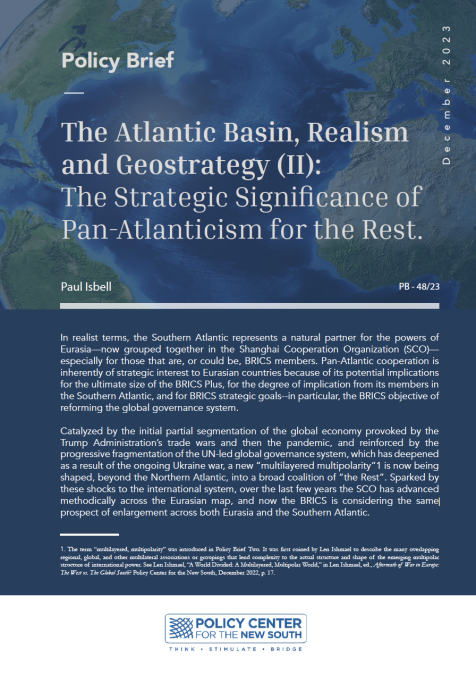Plenary X - In Search of a Consolidated Latin America: Former Latin American Presidents Discuss Opportunities for Change Latin America (LATAM) was severely affected by COVID-19 as it accounted for a high mortality rate, a decelerating economic performance and food insecurity has been on the rise. Soaring inflation has therefore taken place with no abating signs. However, opportunities for growth, investment and poverty reduction lurk for LATAM amidst the Eastern Europe conflict. LATAM states, especially large commodity exporters, are presented before a historical chance to take advantage of the current geopolitical turmoil. Raising commodity prices and diversifying its exports from primary to manufacturing products could eventually pay enormous dividends for LATAM. Nevertheless, addressing inflationary pressures cannot be fully realized without a strong interstate cooperation that would form a consolidated region, regardless of internal divisions and ideological differences.
- How is a potentially consolidated LATAM perceived, despite power asymmetries between its member states?
- Will existing trade agreements in LATAM, such as Mercosur, the Central American Common Market (CACM), and the Andean community, forge the path to a unified region with sufficient capabilities to fight the crisis?
- What are the odds of LATAM considerably replacing Russia’s role as a major raw material exporter in the status quo? What effects on the Wider Atlantic?







